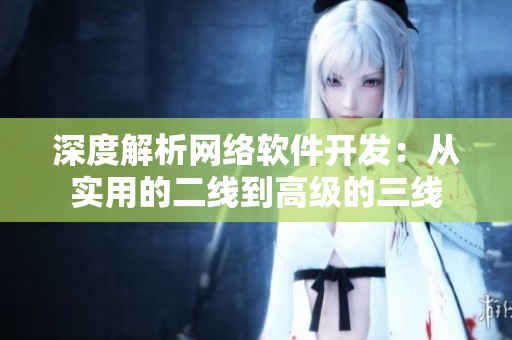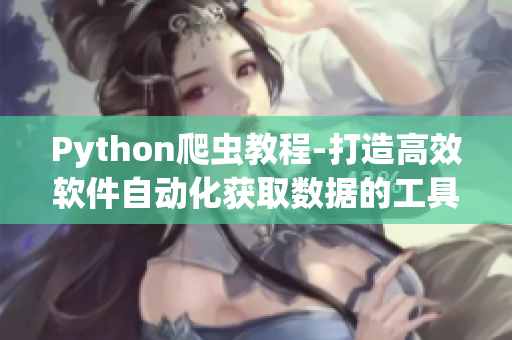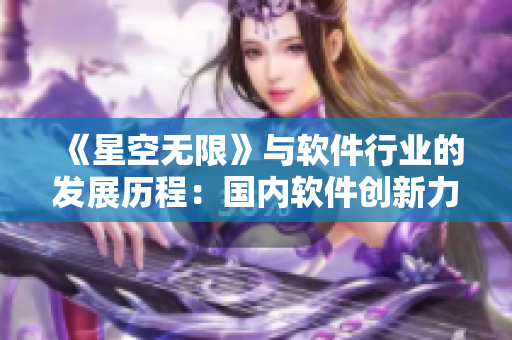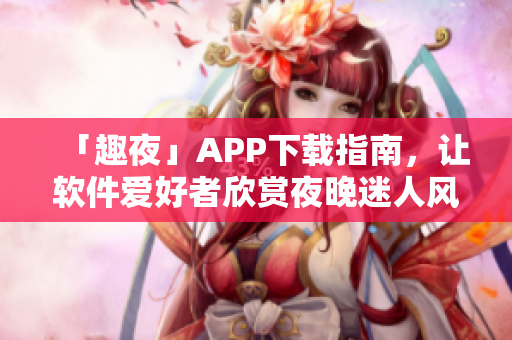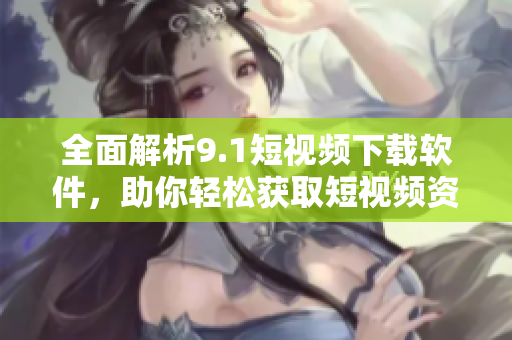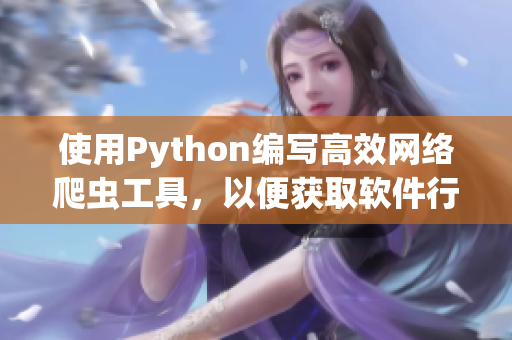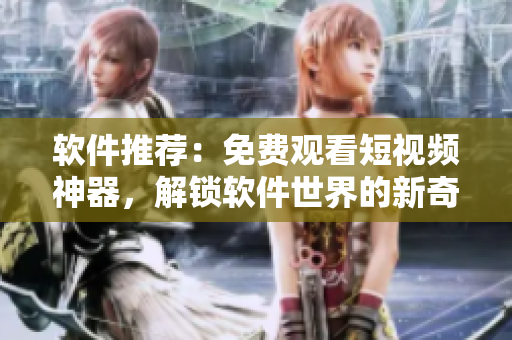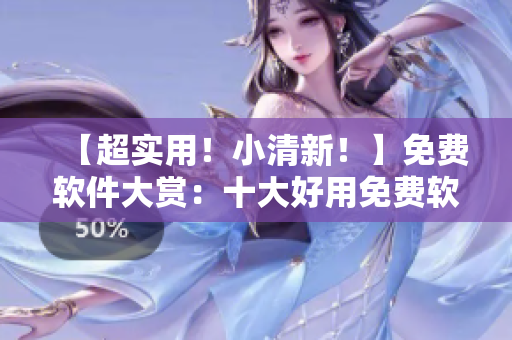Public Tears and Frustration: The Story of Guo Sunli and the Pressure of Being a Second-Generation Rich
Public Sunli, a popular Chinese actress, recently made headlines when she shed tears and bit a metal ball during a TV show. The reason behind her outburst? She was frustrated with the high expectations that come with being a second-generation rich. This incident brings to light a larger issue of the pressure that these individuals face in society, where wealth and success are closely linked.
The Rise of Second-Generation Rich
With China's economic growth over the past few decades, a new class of people has emerged: the second-generation rich. These are individuals who grew up in families that have amassed wealth through business, investments, or government connections. Many of them were born in the 1980s and 1990s, and they are now entering the workforce or taking over their family businesses.
The second-generation rich have a unique set of challenges, as they are often expected to live up to their parents' success and maintain the family's reputation. However, they also face criticism for being born into privilege and not "earning" their success. This creates a constant struggle to balance personal identity with family expectations and societal pressures.
The Pressure to Succeed
For many second-generation rich, success is not only measured by financial wealth but also by achievements and recognition in society. They are expected to attend prestigious universities, excel in their careers, and make contributions to society. Failure to do so can result in backlash from both their families and society as a whole.
Public Sunli's outburst highlights this pressure to succeed. As a successful actress and businesswoman, she has achieved a level of success that is rare in any industry. However, she still feels the pressure to do more, to be more successful, and to prove herself to others.
The Stigma of "Silver Spoons"
One of the most significant challenges faced by second-generation rich is the stigma attached to their wealth. In China, there is a term for these individuals: "fu er dai," which translates to "second generation rich." The term is often used in a derogatory manner, implying that these individuals are spoiled, entitled, and lack work ethic.
This stigma is not unique to China, as similar attitudes exist in other countries and cultures. The media often portrays the second-generation rich as heirs and heiresses who squander their family's wealth on frivolous pursuits. This perception further fuels the pressure felt by these individuals to prove themselves as hardworking and deserving of their success.
Navigating Personal Identity
With the constant pressure to succeed and the stigma attached to their wealth, second-generation rich often struggle with their personal identity. They sometimes feel torn between their family's expectations and their own desires and passions.
Additionally, they may face issues with friends and relationships. Some may feel that others are only interested in them for their money or connections, making it difficult to form genuine and meaningful relationships.
Conclusion
The story of Public Sunli and the pressure faced by second-generation rich highlights a larger issue in society. While wealth can bring many advantages, it also brings a unique set of challenges and pressures that can be difficult to navigate.
It is important to recognize that individuals born into wealth face their own unique challenges and should not be dismissed as simply "privileged." By acknowledging the pressures they face and working towards creating a more inclusive and accepting society, we can help alleviate some of the burden and stigma that second-generation rich face on a daily basis.

